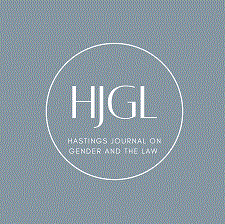
Abstract
The Supreme Court, in Davis v. Monroe County Board of Education, correctly held school districts liable under Title IX for deliberate indifference to known instances of student-on-student sexual harassment that is so severe, pervasive and objectively offensive that it effectively bars the victim's access to an educational opportunity or benefit. Professor Schaffner argues, however, that the majority failed to adequately address three concerns raised by the Davis dissent, that: (1) as a matter of federalism, this issue should be left to the states; (2) student peer sexual harassment does not constitute sex discrimination and (3) holding schools liable for student peer sexual harassment will place schools in a bind between protecting the harassed and infringing on the First Amendment rights of the harasser. Professor Schaffner addresses these concerns, stating first that the majority decision is consistent with traditional federalism principles designed to allocate power between the states and the federal government such that the nation may reap the benefits of interstate diversity and national uniformity. The equal protection of the sexes is a national principle which requires uniform federal enforcement. Second, theoretical models that justify sexual harassment as a form of sex discrimination in the workplace apply to student peer sexual harassment in schools and demonstrate that actionable student peer sexual harassment under Title IX constitutes sex discrimination. Third, by limiting actionable sexual harassment to that which effectively bars a victim's access to an educational opportunity, the Court remains consistent with its First Amendment jurisprudence that allows schools to prohibit speech that causes a substantial disruption to the educational environment, thus steering clear of infringing on the harasser's First Amendment rights.
Recommended Citation
Joan E. Schaffner,
Dispelling the Misconceptions Raised by the Davis Dissent,
12 Hastings Women's L.J. 141
(2001).
Available at: https://repository.uclawsf.edu/hwlj/vol12/iss1/7

